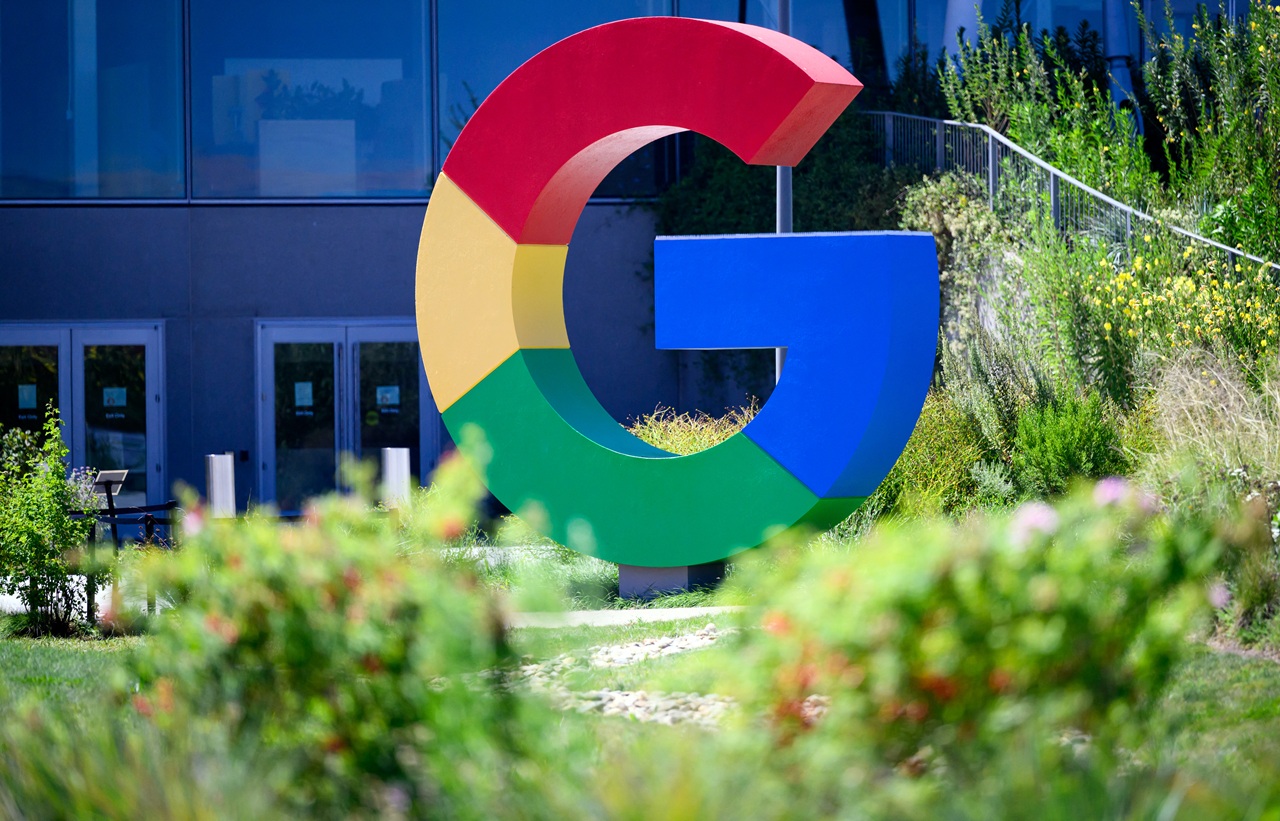
Everyone wants to Google!
A new investigation in the United Kingdom against the famous Internet search engine reiterates that there are many problematic aspects of digital disruption.
The UK Competition and Markets Authority (CMA) announced the launch of a formal investigation into Google to assess its dominant position in the search engine and digital advertising market. The investigation seeks to determine whether the U.S. technology giant has used its power to block innovation, give itself undue competitive advantages and exploit user data without informed consent. Oops, did the tech companies do it again?
This is the first significant case under new UK regulations designed to address anti-competitive behavior in digital markets. Given the reliance of millions of users and businesses on Google's search and advertising services, which account for 90% of searches in the country, the investigation has far-reaching implications for both consumers and competitors.
The CMA will examine three key aspects of Google's behavior:
Impeding innovation: the question is whether Google is using its position to restrict the innovation of other players in the search engine market.
2. Self-preference: does that company favor its own services over those of its competitors?
3. Data Use: The possible exploitative use of large amounts of consumer data without obtaining clear and adequate consent.
The investigation is at a preliminary stage. The CMA will collect comments from interested parties and expects to issue a final result by October of this year. If Google's dominant position and anti-competitive use is confirmed, it could be classified as a "strategic market player," which would subject it to stricter regulatory requirements.
Previous investigations
Google has previously faced investigations by other authorities in Europe and the United States.
The European Commission confirmed in 2020, the fine of 2.42 billion euros that it had imposed in 2017 on Google for favoring its shopping service in search results. In 2018, the American firm received another fine of 4.34 billion euros for abuse of its dominant position on Android to strengthen its search engine. In 2019, the Commission also fined Google €1.49 billion for anti-competitive practices in online advertising.
In its home country, the firm has also been in the authorities' crosshairs. In 2020, the Department of Justice (DOJ) filed a lawsuit against Google for monopolizing the search and digital advertising markets. The case, which is still ongoing, represents one of the biggest legal challenges against a technology company in decades. It could even end up splitting the company's business.
Google's case is not isolated and shows the enormous challenges humanity is facing due to digital disruption. Other large technology companies have also faced scrutiny from regulators in Europe and the United States:
RELATED CONTENT
In the 1990s and 2000s, Microsoft was investigated for abuse of its dominant position in the operating system market. In 2004, the European Commission fined the company 497 million euros for tying Windows to its media player, restricting competition.
In 2020, the Federal Trade Commission (FTC) sued Facebook for maintaining an illegal monopoly through acquisitions such as Instagram and WhatsApp. Although the initial lawsuit was dismissed, the FTC filed a revised version that is still in process.
E-commerce giant Amazon also has a history. The European Union has investigated the firm for using data from independent sellers on its platform to launch products of its own in direct competition. In the United States, the FTC has looked into similar practices, but without significant penalties to date.
And, to complete the picture, in 2021, the European Commission accused Apple of abusing its position in the distribution of apps through the App Store, forcing the use of its payment system and charging excessive fees. In the United States, Apple has faced similar lawsuits, including those filed by Epic Games.
The pattern of these investigations reflects a growing concern among authorities in many countries about the power of large technology companies in key markets. The concentration of power in these companies poses potential risks to competition, user privacy and fairness in digital markets.
The Google case in the UK also underscores the adoption of stricter regulations in Europe and other regions to address anti-competitive behavior. These measures can serve as a model for other countries seeking to balance technological innovation with consumer and business protection.
The CMA's investigation of Google is part of a broader effort to rein in the power of tech giants in the global marketplace. While the results are yet to be determined, the scrutiny of Google and other companies such as Microsoft, Facebook, Amazon and Apple highlights the need for more robust regulation and effective mechanisms to ensure fair and competitive digital markets. This is an issue of growing relevance for both governments and consumers who are increasingly reliant on these platforms.
With information from AFP











LEAVE A COMMENT: